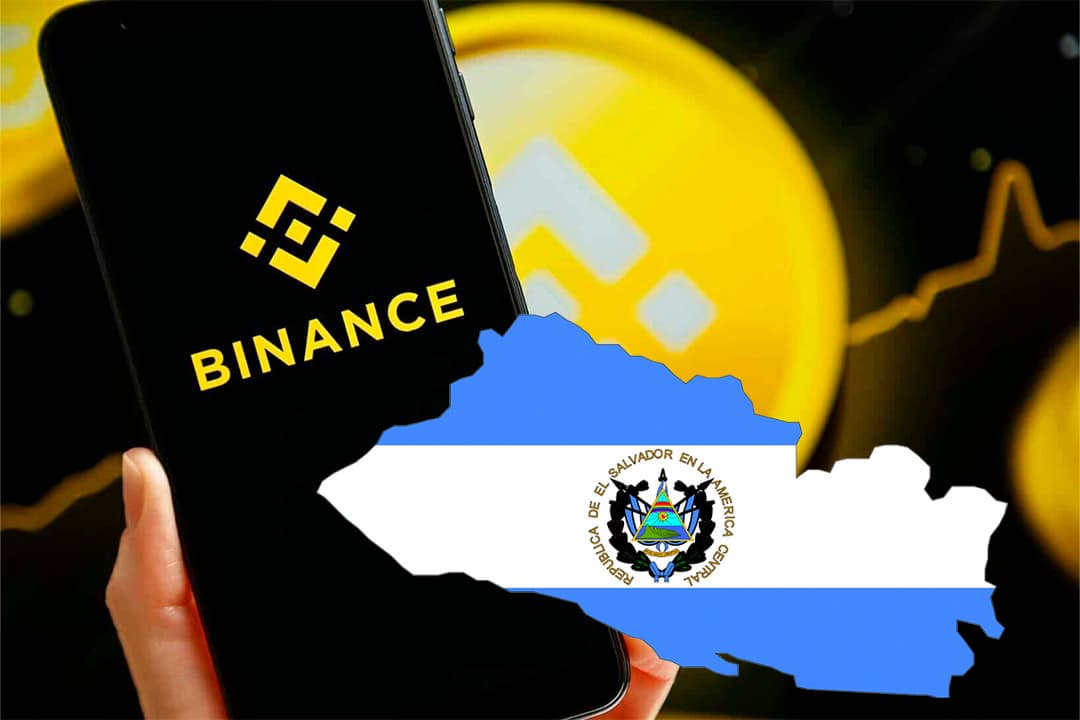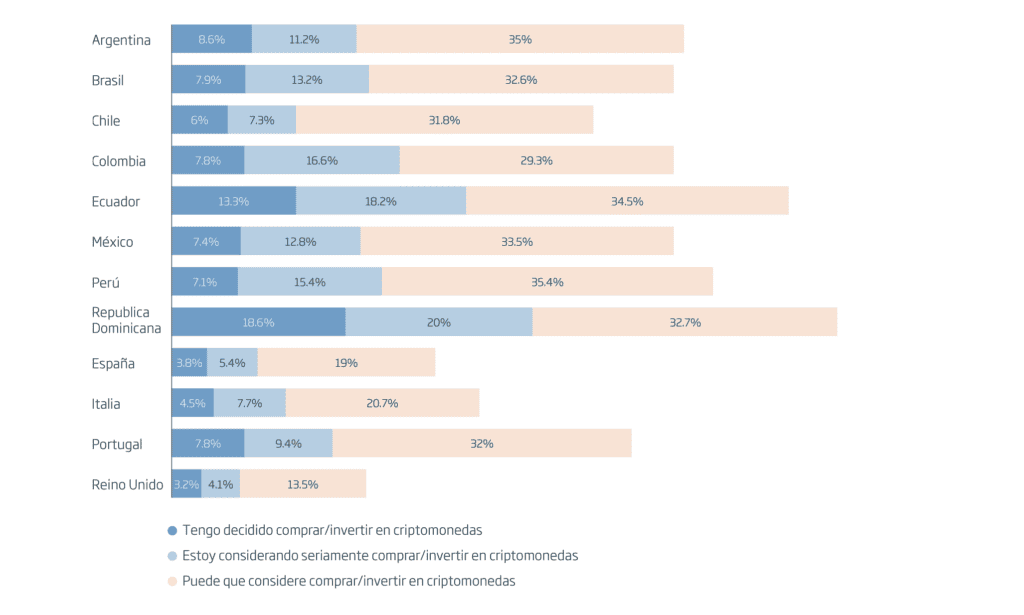
Por Jose Pulido
August 8, 2023
El Salvador’s central bank and crypto regulator have granted Binance a Bitcoin Service Provider (BSP) License and a Digital Asset Service Provider (DASP) license.
With these new licenses, users will gain custody services, cryptographic payment processing, digital wallets, and the ability to conduct digital asset exchanges within the Central American country.
Binance is a well-known cryptocurrency exchange platform that combines digital technology and finance. The platform has a portfolio of cryptocurrency products and offerings, including trading and finance, education, data and research, social goods, investment and incubation, decentralization, and infrastructure solutions.
Daniel Acosta, general manager of the firm for Colombia, Central America, and the Caribbean, said:
“The licenses allow Binance to expand the products and services it offers, including options tailored to the needs of our clients in El Salvador.”
Since 2021, El Salvador has declared Bitcoin as a legal tender. In January of this year, President Bukele approved a new Digital Securities Law, issuing government bonds backed by Bitcoin and creating the National Commission of Digital Assets (CNDA) to oversee crypto regulation.
In April 2023, El Salvador’s regulators approved Bitfinex Securities’ request to trade tokenized stocks and yield assets such as government bonds. Therefore, Binance has become the first cryptocurrency exchange approved by the NCDA to operate an exchange within the country.
The phenomenon of cryptocurrencies, although still a minority, shows signs of growth. 14% of people have bought crypto-assets, 7% have decided to do so, and 39% are considering it, according to a study conducted by Minsait Payments in collaboration with International Financial Analysts (AFI).

Percentage of the banked population considering buying or investing in cryptocurrencies shortly. (Source: Afi and Afi and The Cocktail Analysis).
The growing trend is more visible in Latin America than in Europe, where there is more excellent purchasing and purchasing intent, possibly related to greater confidence in digital currencies as protection against intense devaluation processes of fiat currency.
Among the countries that show a greater predisposition to the use of digital assets are the Dominican Republic and Ecuador, followed by Colombia, Brazil, and Argentina. However, countries like Chile prefer to stay on the sidelines, considering the slower adoption of cryptocurrencies.
Binance’s decision to bet on El Salvador may be due to the complex journey it has had to go through in the United States. The Securities and Exchange Commission (SEC) recently accused the company and Changpeng “CZ” Zhao, CEO of Binance, of violating securities rules and using unethical business practices to enrich themselves.
Europe has also not been fertile ground for Binance; the Central Bank of the Netherlands fined the company USD $3.6 million for operating illegally in the Netherlands. Germany and Austria have denied Binance licenses to use in their territory.
However, Binance has continued to add licenses, including that of El Salvador, and the company can now operate in 18 markets, including Dubai, Sweden, Spain, Italy, and France.
Binance’s operations could attract more users and investors to the platform and the cryptocurrency market, accelerating adoption on the continent. As well as creating new opportunities for investors and entrepreneurs. However, in the absence of more robust regulation in the cryptocurrency market, it will be necessary to analyze to what extent it affects the economies of emerging countries in the face of a market that seems very volatile at the moment.

Por Israel Pantaleón
January 20, 2026

Por Israel Pantaleón
December 17, 2025

Por Israel Pantaleón
November 21, 2025